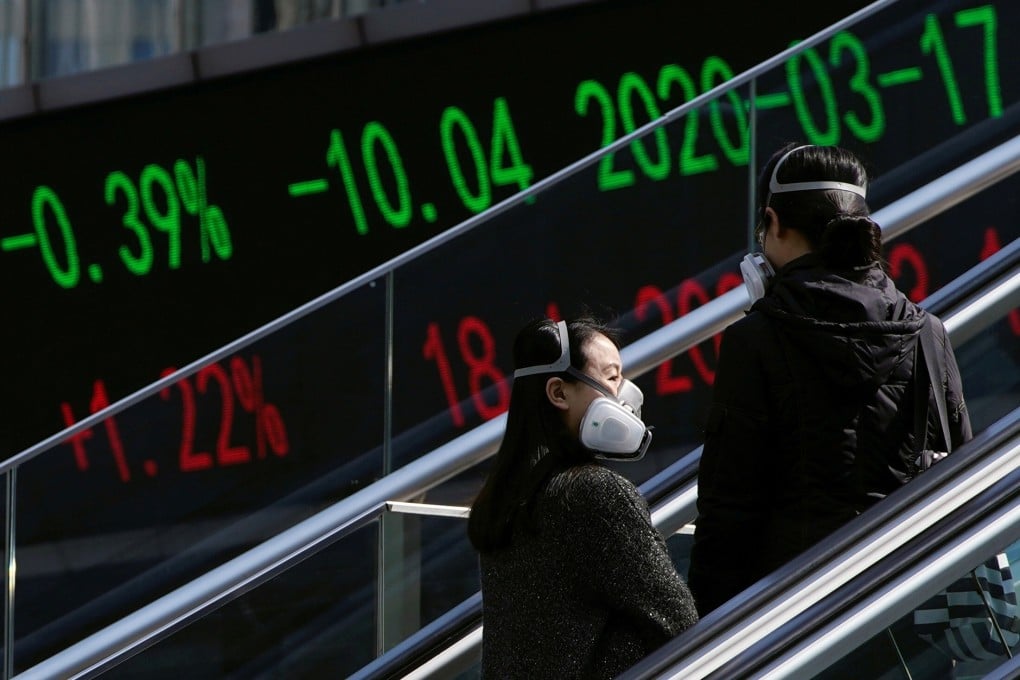Hang Seng Index gains as investors pile into battered old economy stocks
- Banking, real estate, airline giants advance, while new tech board falls
- High-flying Next Digital falls back to earth, finishing down 41 per cent

Hong Kong stocks posted their second straight day of gains as investors piled into battered traditional sectors like banking, real estate and airlines, sending the benchmark to its highest level in a week.
The Hang Seng Index rose 1.4 per cent to 25,244.02 on Wednesday, marking its first close above 25,000 since last Thursday. Only nine stocks on the 50-member index finished with losses.
Sentiment was shaky in the morning, when the benchmark fell 0.8 per cent, partly on concerns China is tightening the liquidity taps as the economy continues to show signs of recovery after the worst of the coronavirus. But it turned up, as traders focused on continued headlines about progress toward finding a vaccine against the coronavirus and decided to profit take from new economy high fliers and go into beaten-down sectors.
The top five winners were a Who’s Who of Hong Kong’s old economy stocks, which have been pommelled by the coronavirus following anti-government protests last year and the US-China trade war.
HSBC rose 4.8 per cent, Hang Seng Bank advanced 5.2 per cent, while CK Asset Holdings climbed 3.5 per cent.